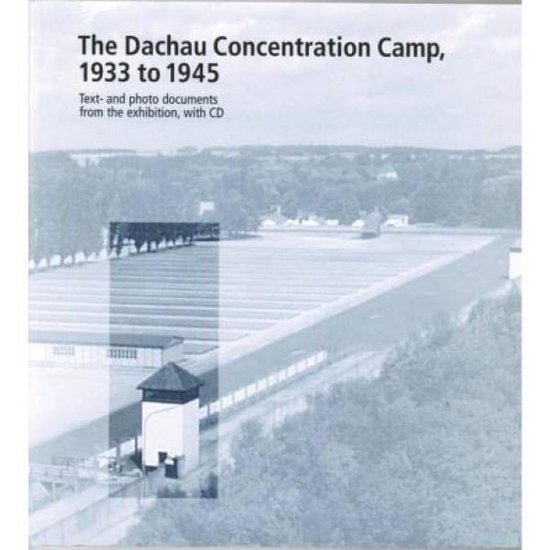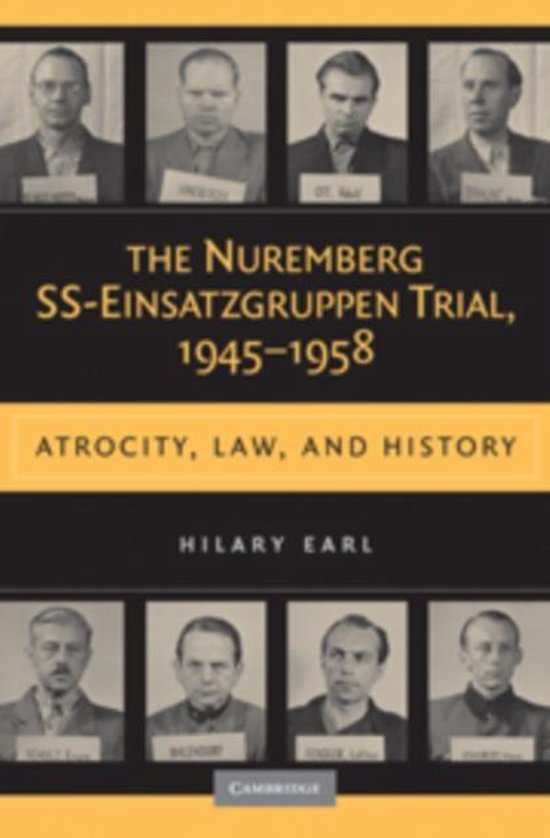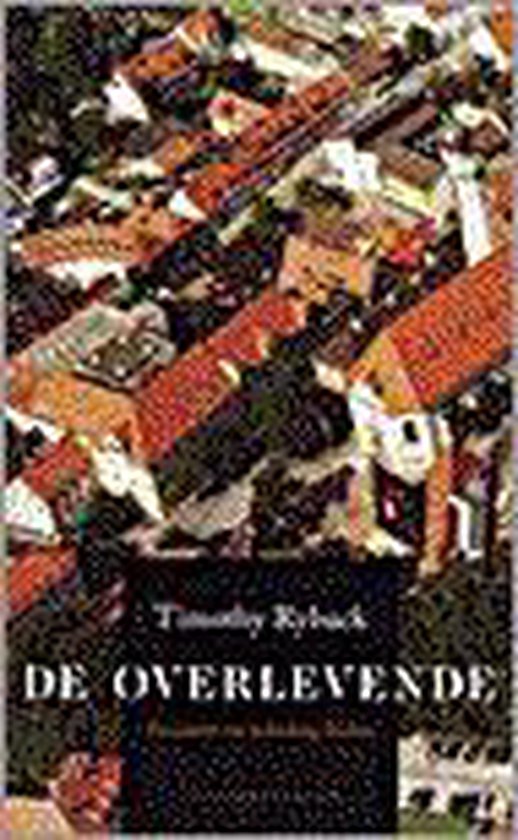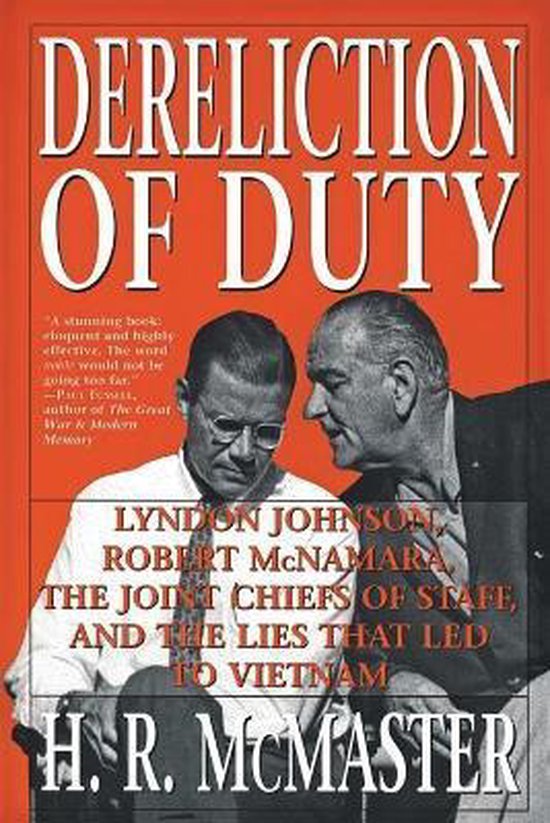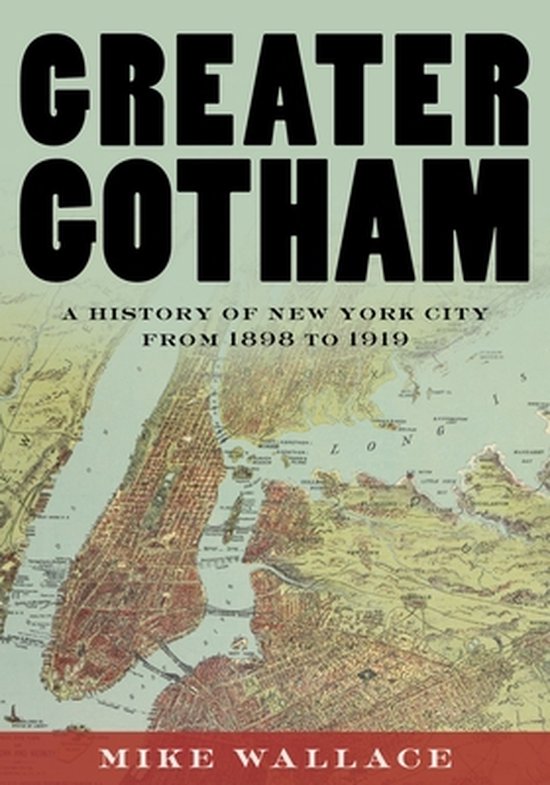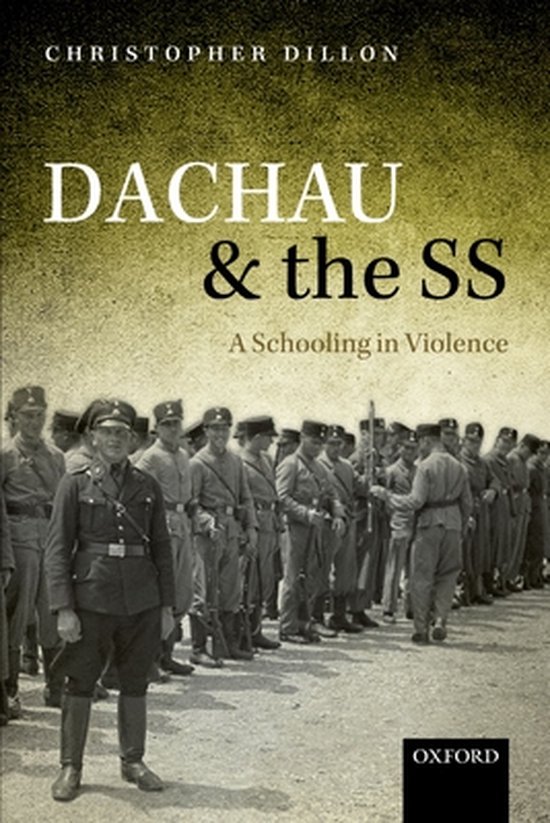
Dachau and the SS
The first systematic study of the 'Dachau School', Hitler's first concentration camp and a national academy of violence. Dillon analyses recruitment to the Dachau SS and evaluates the contribution of ideology, training, masculinity, and social psychology to the conduct and subsequent careers of concentration camp guards.
Dachau and the SS studies the concentration camp guards at Dachau, the first concentration camp and a national 'school' of violence for its concentration camp personnel. Set up in the first months of Adolf Hitler's rule, Dachau was a bastion of the Nazi 'revolution' and a key springboard for the ascent of Heinrich Himmler and the SS to control of the Third Reich's terror and policing apparatus. Throughout the pre-war era of Nazi Germany, Dachau functioned as an academy of violence where concentration camp personnel were schooled in steely resolution and the techniques of terror. An international symbol of Nazi depredation, Dachau was the cradle of a new and terrible spirit of destruction. Combining extensive new research into the pre-war history of Dachau with theoretical insights from studies of perpetrator violence, this volume offers the first systematic study of the 'Dachau School'. It explores the backgrounds and socialization of thousands of often very young SS men in the camp and critiques the assumption that violence was an outcome of personal or ideological pathologies. Christopher Dillon analyses recruitment to the Dachau SS and evaluates the contribution of ideology, training, social psychology, and masculine ideals to the conduct and subsequent careers of concentration camp guards. Graduates of the Dachau School would go on to play a central role in the wartime criminality of the Third Reich, particularly at Auschwitz. Dachau and the SS makes an original contribution to scholarship on the prehistory of the Holocaust and the institutional organization of violence.
Dachau and the SS studies the concentration camp guards at Dachau, the first concentration camp and a national 'school' of violence for its concentration camp personnel. Set up in the first months of Adolf Hitler's rule, Dachau was a bastion of the Nazi 'revolution' and a key springboard for the ascent of Heinrich Himmler and the SS to control of the Third Reich's terror and policing apparatus. Throughout the pre-war era of Nazi Germany, Dachau functioned as an academy of violence where concentration camp personnel were schooled in steely resolution and the techniques of terror. An international symbol of Nazi depredation, Dachau was the cradle of a new and terrible spirit of destruction. Combining extensive new research into the pre-war history of Dachau with theoretical insights from studies of perpetrator violence, this volume offers the first systematic study of the 'Dachau School'. It explores the backgrounds and socialization of thousands of often very young SS men in the camp and critiques the assumption that violence was an outcome of personal or ideological pathologies. Christopher Dillon analyses recruitment to the Dachau SS and evaluates the contribution of ideology, training, social psychology, and masculine ideals to the conduct and subsequent careers of concentration camp guards. Graduates of the Dachau School would go on to play a central role in the wartime criminality of the Third Reich, particularly at Auschwitz. Dachau and the SS makes an original contribution to scholarship on the prehistory of the Holocaust and the institutional organization of violence.
| Auteur | | Christopher Dillon |
| Taal | | Engels |
| Type | | Paperback |
| Categorie | | Geschiedenis |
